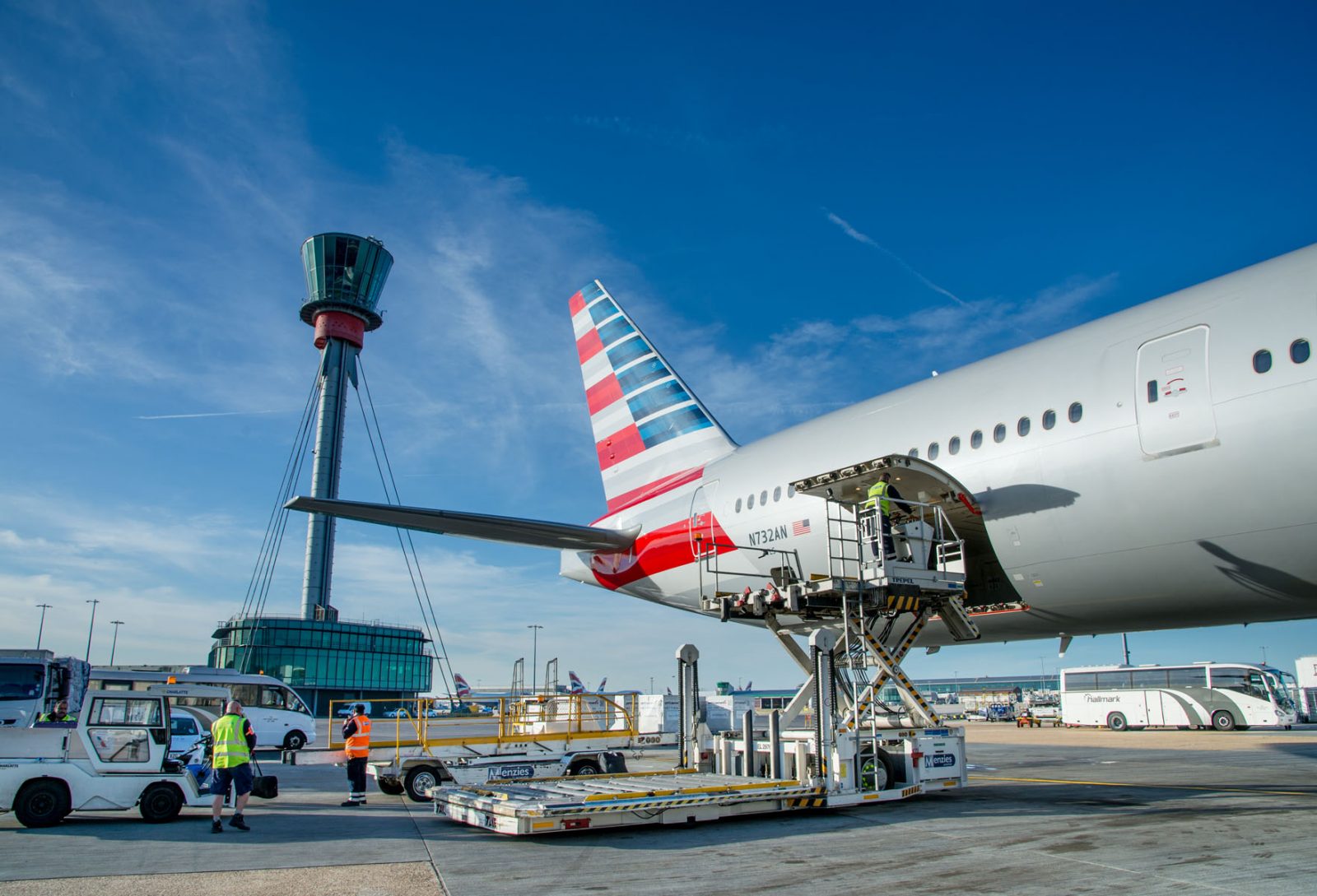
An investigation by BBC News has “cast doubt” over the explanation provided by American Airlines following an incident in which two flight attendants fell unconscious and several passengers had to be treated by paramedics for “respiratory and eye irritations”. The broadcaster claims it has obtained internal documents and spoken to insiders who claim the incident was likely caused by a toxic fume event, rather than the spillage of industrial strength cleaning fluid.
American Airlines flight AA729 from London Heathrow to Philadelphia was forced to divert to Shannon in Ireland on 21st October after crew reported a chemical smell onboard and subsequently two flight attendants passed out. The flight attendants are said to have quickly regained consciousness but along with several passengers complained of eye irritation and coughing.
Nearly a month after the incident, one of the flight attendants is said to be suffering from severe migraines, having never previously suffered such symptoms.
At the time, American Airlines said an industrial cleaning solution had been accidentally left in an onboard lavatory during the normal turnaround process. During take-off, the bottle of cleaning fluid tipped over and soaked the carpets. The product is believed to be a cleaner and sanitizer known as CH2200D and is commonly used to disinfect lavatories.
CH2200D is known to cause eye irritation. It’s primary ingredient, ammonium chloride, can cause symptoms such as skin and respiratory irritation.
But the BBC now reports a troubling history of recent engineering issues with the Airbus A330 leading up to October 21. Sources claim an oil leak could have “caused toxic fumes to enter the cabin”, while another source apparently said it “was ‘inconceivable’ that dish soap (cleaning solution), or any other cleaning product approved for use on aircraft, could cause two people to pass out.”
There are several incidents that investigators have pointed to in order to back up their claims:
- First, an “overpowering” smell was detected on the plane as it flew from Philadelphia to Heathrow.
- Then, a metallic odour was allegedly present on the plane before the cleaning fluid spilt.
- There was also an oil leak in the plane’s APU days before the incident.
- A “noxious odour” that caused eye and throat irritation was recorded as taking place on the aircraft three days before it diverted.
The APU, or Auxillary Power unit, is used to start up the main engines and provides ground power in certain situations. American Airlines engineers had found the APU was using up an excessive amount of oil in the days leading up to the diversion and decided it needed to be fixed within days.
Before that fix took place, however, the plane flew to London. While AA says the APU couldn’t have been the cause because it was never used on the morning of October 21, the BBC has found Airbus documents which states that an “oil smell or smoke in the cabin resulting from APU oil contamination can occur at almost any time and not necessarily when the APU is running.”
American Airlines has denied the allegations saying the aircraft was “thoroughly inspected” after the incident.
“It cannot be emphasised enough that the health and welfare of our crews and customers continues to be our top priority,” a spokesperson for the airline explained.
“However, in the case of this aircraft and the diversion to Dublin, there is no connection to the APU or bleed air from the APU,” the statement continued. “Cabin odours are a priority for American’s leadership team at the highest level of the organisation,” the statement continued.”
Mateusz Maszczynski honed his skills as an international flight attendant at the most prominent airline in the Middle East and has been flying ever since... most recently for a well known European airline. Matt is passionate about the aviation industry and has become an expert in passenger experience and human-centric stories. Always keeping an ear close to the ground, Matt's industry insights, analysis and news coverage is frequently relied upon by some of the biggest names in journalism.







